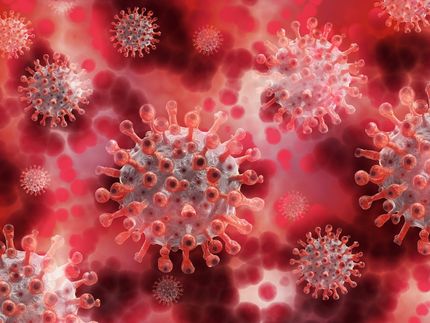Prophylactic Use of Recombinant Factor VIII Prevents Joint Disease in Young Boys with Hemophilia A
Advertisement
Prophylactic infusions of recombinant factor VIII (rFVIII) significantly reduce the risk of developing joint damage associated with joint bleeding in young children with hemophilia A, according to a new landmark study published today in the New England Journal of medicine (NEJM). The findings from the first and only randomized, prospective trial comparing prophylactic with episodic on-demand treatment in children with hemophilia A, showed that 93 percent of children who received prophylactic treatment with recombinant factor VIII had normal joints at the age of six years compared to only 55 percent in the episodic treatment group.
Participants in the five-year clinical trial, known as the 'Joint Outcome Study', used the Kogenate(R) product line, a recombinant factor VIII therapy for the treatment of hemophilia A. In Canada, Kogenate(R) FS is indicated for the treatment of hemophilia A in which there is a demonstrated deficiency of activity of the plasma clotting factor VIII. Kogenate(R) FS provides a means of temporarily replacing the missing clotting factor in order to correct or prevent bleeding episodes. The multicenter study involved 15 academic and major treatment institutions throughout the United States, and included collaboration with the Centers for Disease Control and Prevention and the National Institutes of Health.
"Our results show for the first time that prophylaxis, initiated between six and 30 months of age, is effective at preventing joint bleeds and preserving joint function in young boys with hemophilia A. These results provide healthcare professionals - as well as parents of children with hemophilia A - with solid information to guide optimum treatment," said Marilyn Manco-Johnson, M.D., principal investigator of the study, and director, Mountain States Regional Hemophilia and Thrombosis Center, University of Colorado at Denver and Health Sciences Center.
Joint damage caused by repeated bleeding into the joints - often referred to as hemophilic arthropathy - is one of the most debilitating and costly consequences of hemophilia A. It can result in long-term inflammation and deterioration of the joint, and ultimately lead to loss of mobility. However, previous retrospective patient studies have suggested that regular, preventive infusions of factor VIII, given to young patients before they develop permanent joint damage, may reduce the risk of hemophilic arthropathy. The randomized, controlled clinical trial published this week in NEJM provides the strongest medical evidence to date comparing joint outcomes associated with prophylactic and episodic treatment approaches.





















































